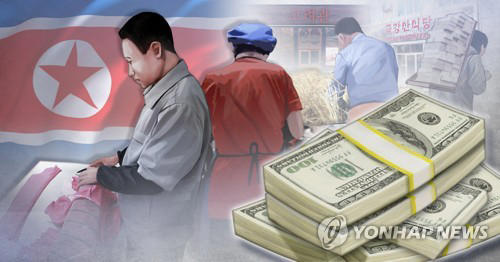North Korea’s denouncement of the U.S. Department of State’s 2024 Trafficking in Persons Report reflects longstanding tensions over human rights issues and sovereignty. The report, an annual assessment of global efforts to combat human trafficking, placed North Korea in the Tier 3 category, the lowest tier, alongside other countries with significant human trafficking problems.
The Korean Central News Agency (KCNA), North Korea’s state news outlet, sharply criticized the report as a tool of U.S. political manipulation aimed at meddling in other countries’ internal affairs. According to KCNA, the report was described as a biased document that unfairly targets countries that do not conform to American values and interests.
North Korea’s objection focused particularly on allegations that its practice of sending workers abroad involves forced labor. The KCNA dismissed these claims as groundless, asserting that these overseas deployments are legitimate exchanges between North Korea and neighboring countries, primarily aimed at economic cooperation. The statement implied that the U.S. report mischaracterizes normal labor arrangements as exploitative, reflecting North Korea’s narrative of defending its labor policies against external criticism.
Moreover, the KCNA accused the United States of using human rights issues as a pretext for interventionism, alleging that Washington seeks to undermine North Korea’s sovereignty and stability. This rhetoric aligns with North Korea’s broader stance of portraying international criticism, particularly from Western nations led by the U.S., as part of a concerted effort to delegitimize its government and justify potential actions aimed at regime change.
North Korea’s response underscores its sensitivity to external scrutiny and its efforts to counter negative international perceptions of its human rights record. The regime has historically rejected international human rights standards and mechanisms, viewing them as instruments of ideological warfare rather than genuine efforts to improve human rights conditions.
In conclusion, North Korea’s condemnation of the U.S. trafficking report reflects its ongoing defiance against external criticisms of its human rights practices, framing such criticisms within a broader narrative of defending national sovereignty against perceived Western interference.
